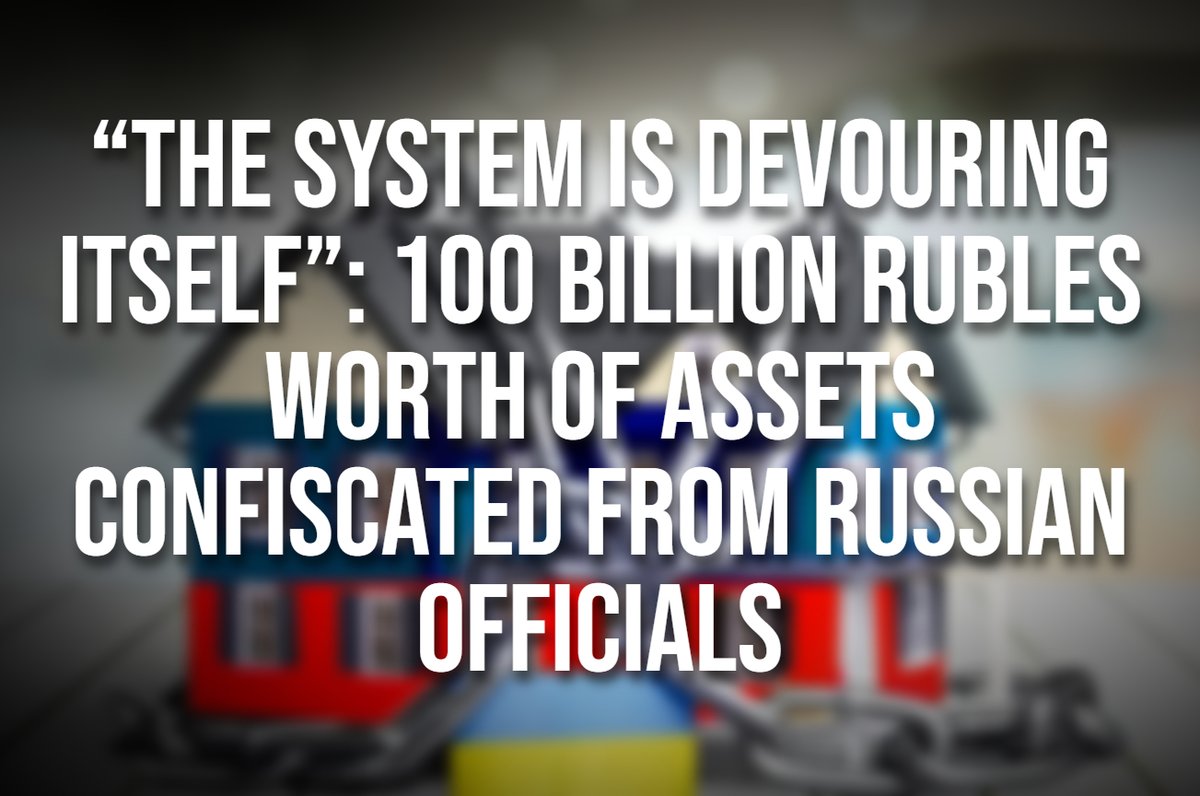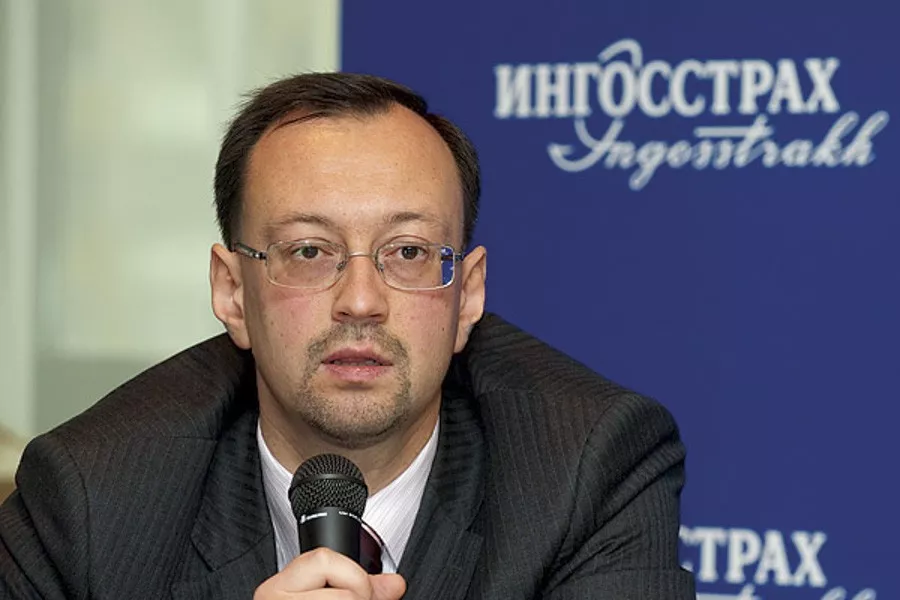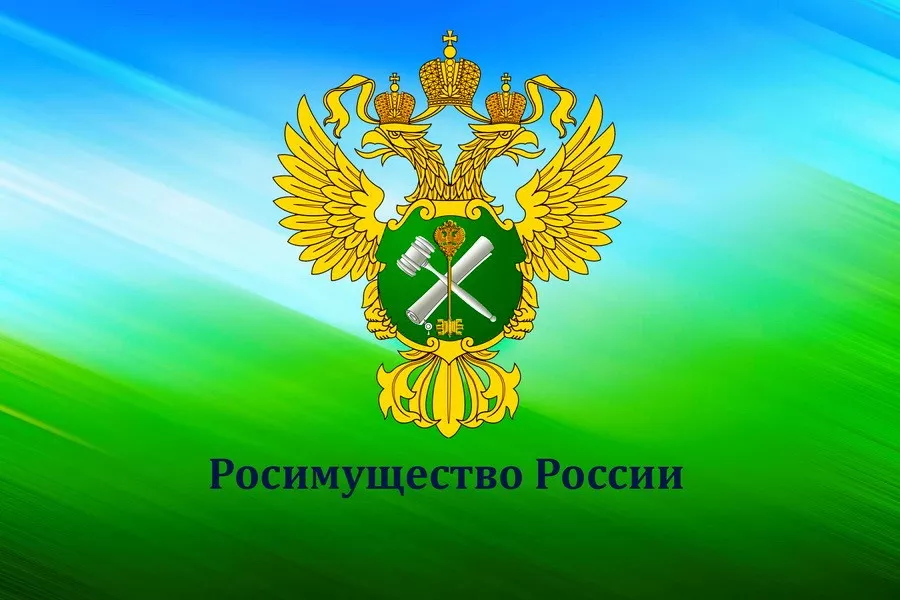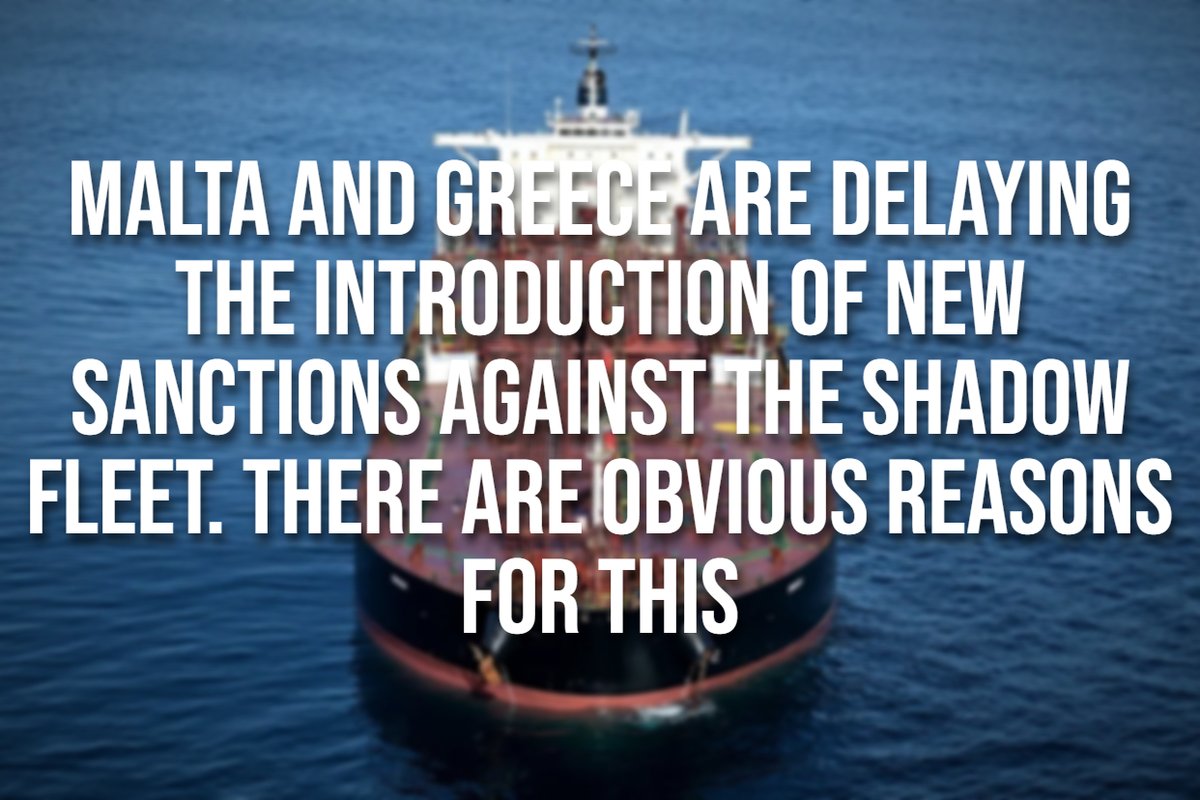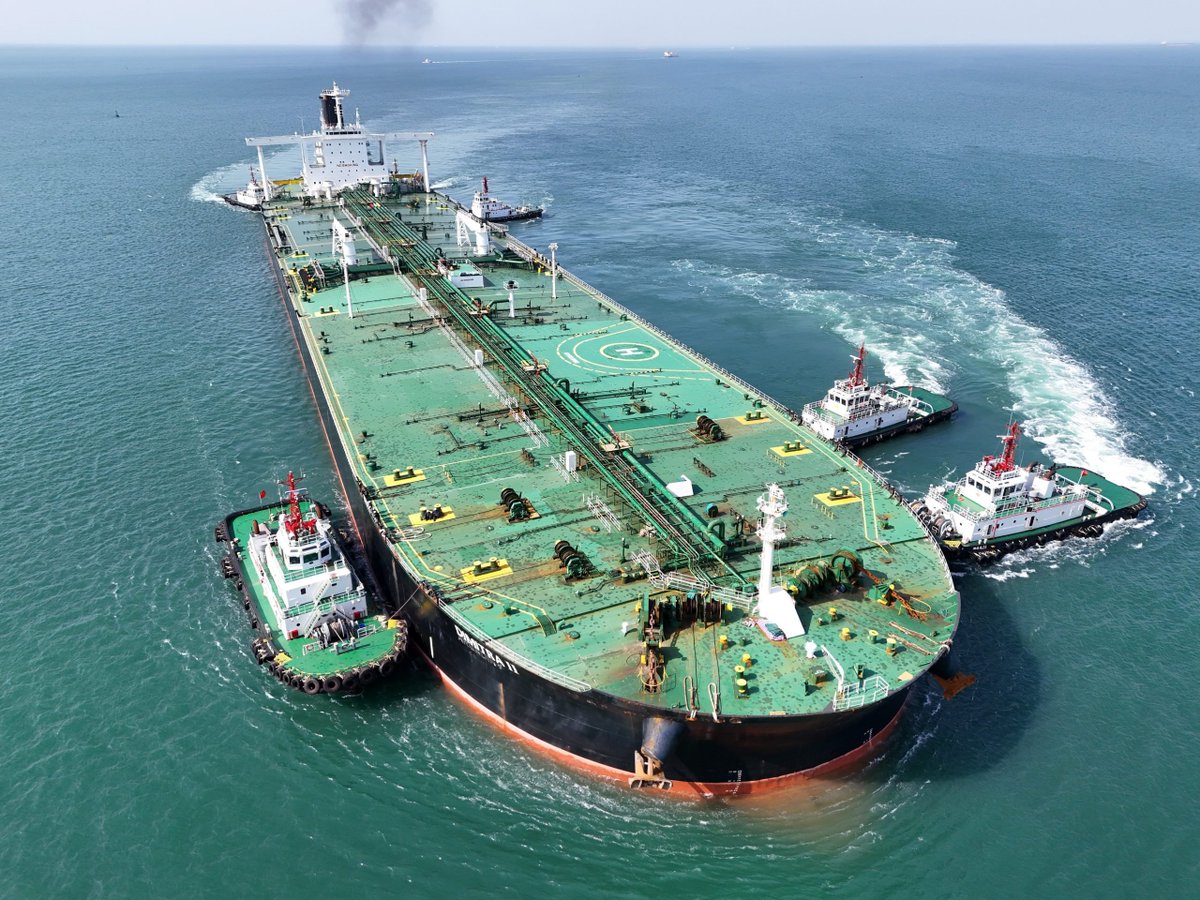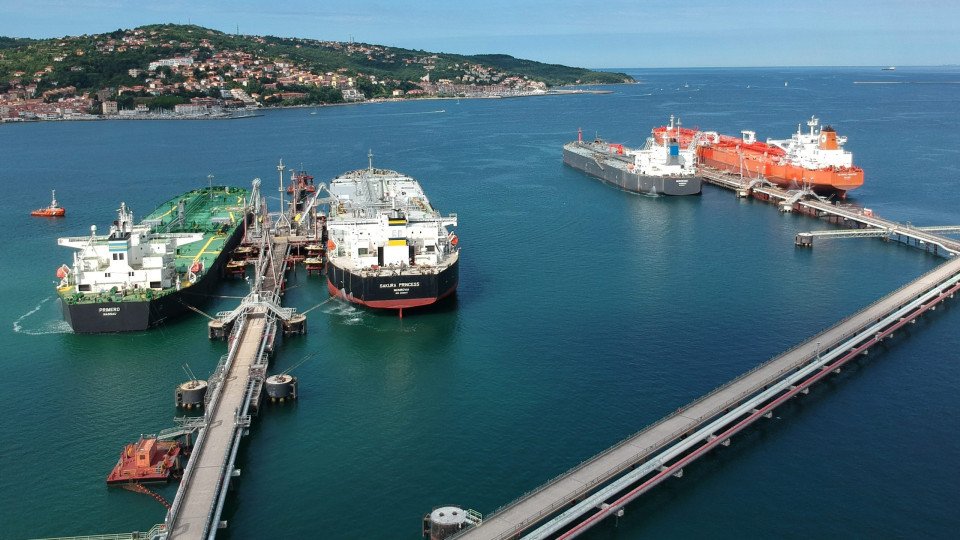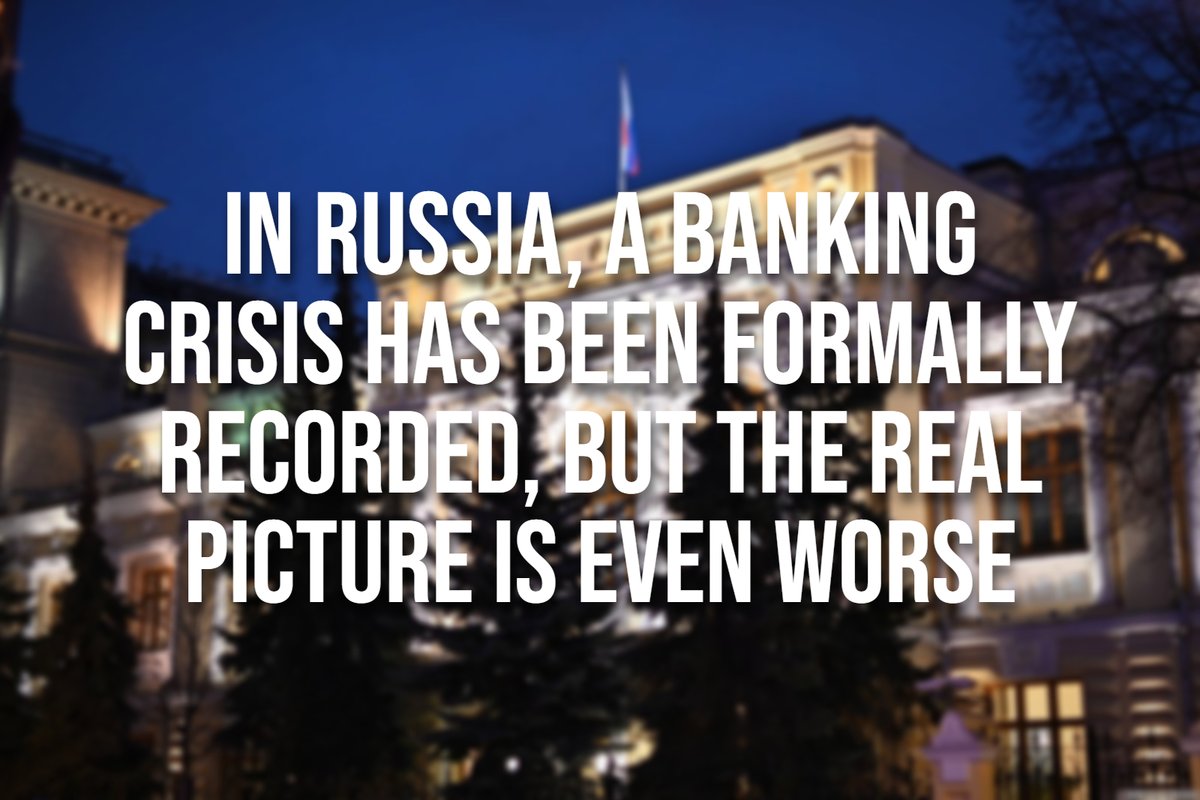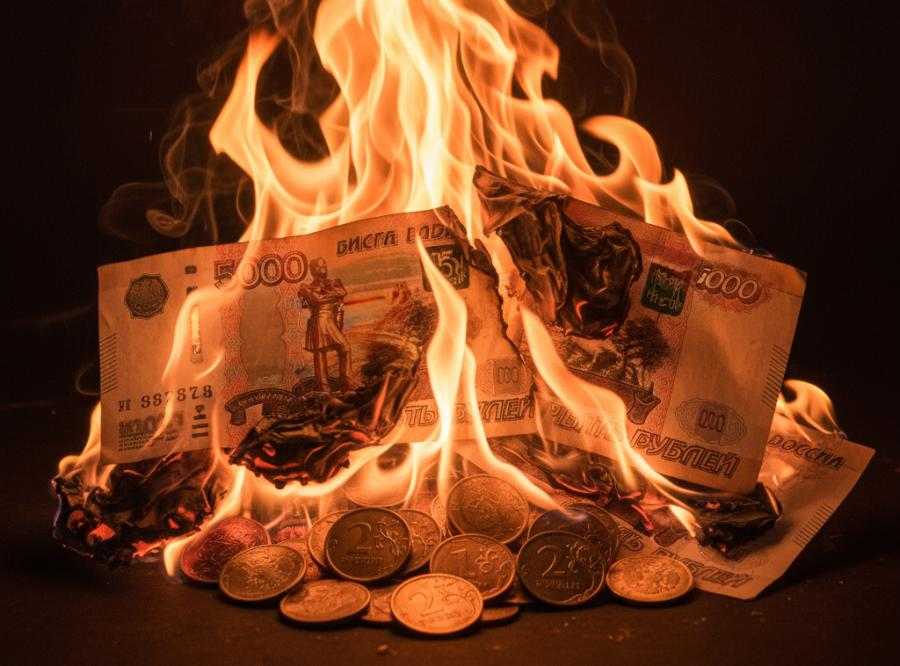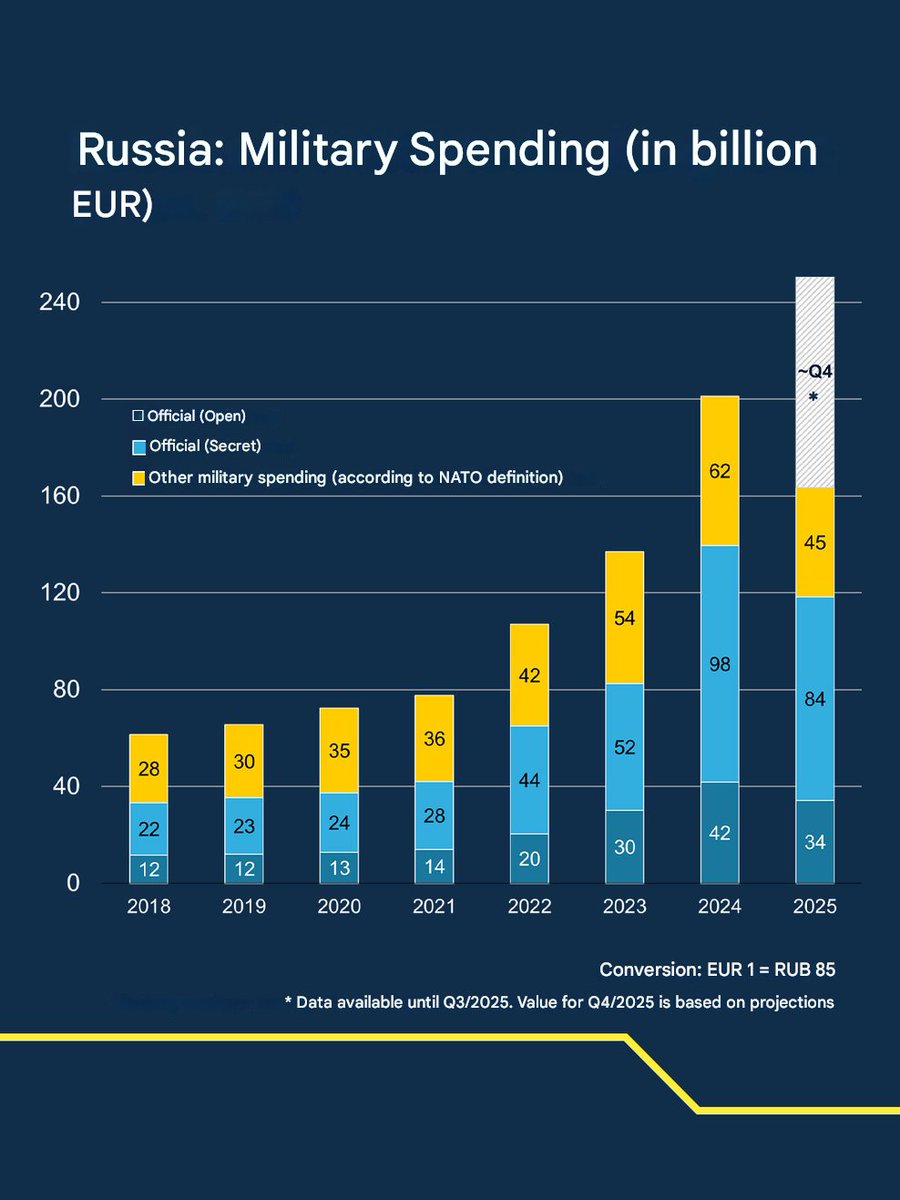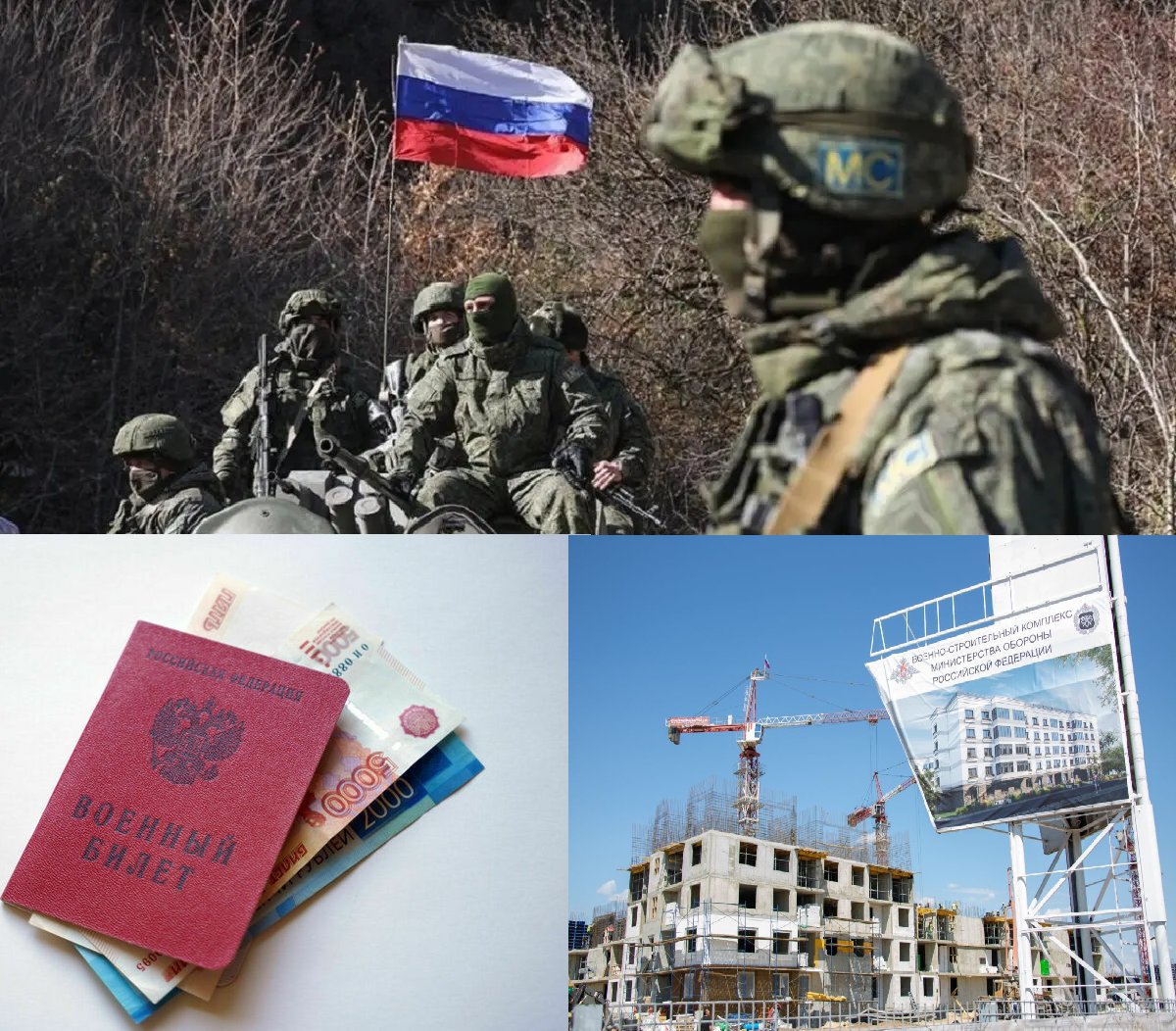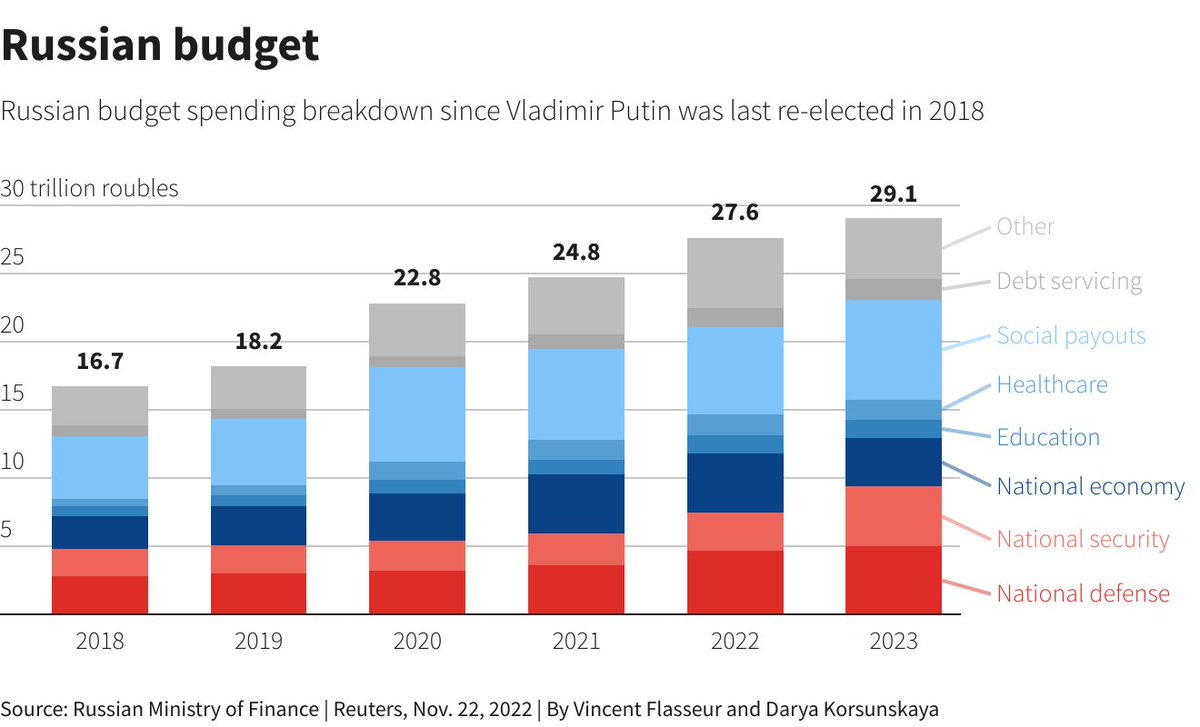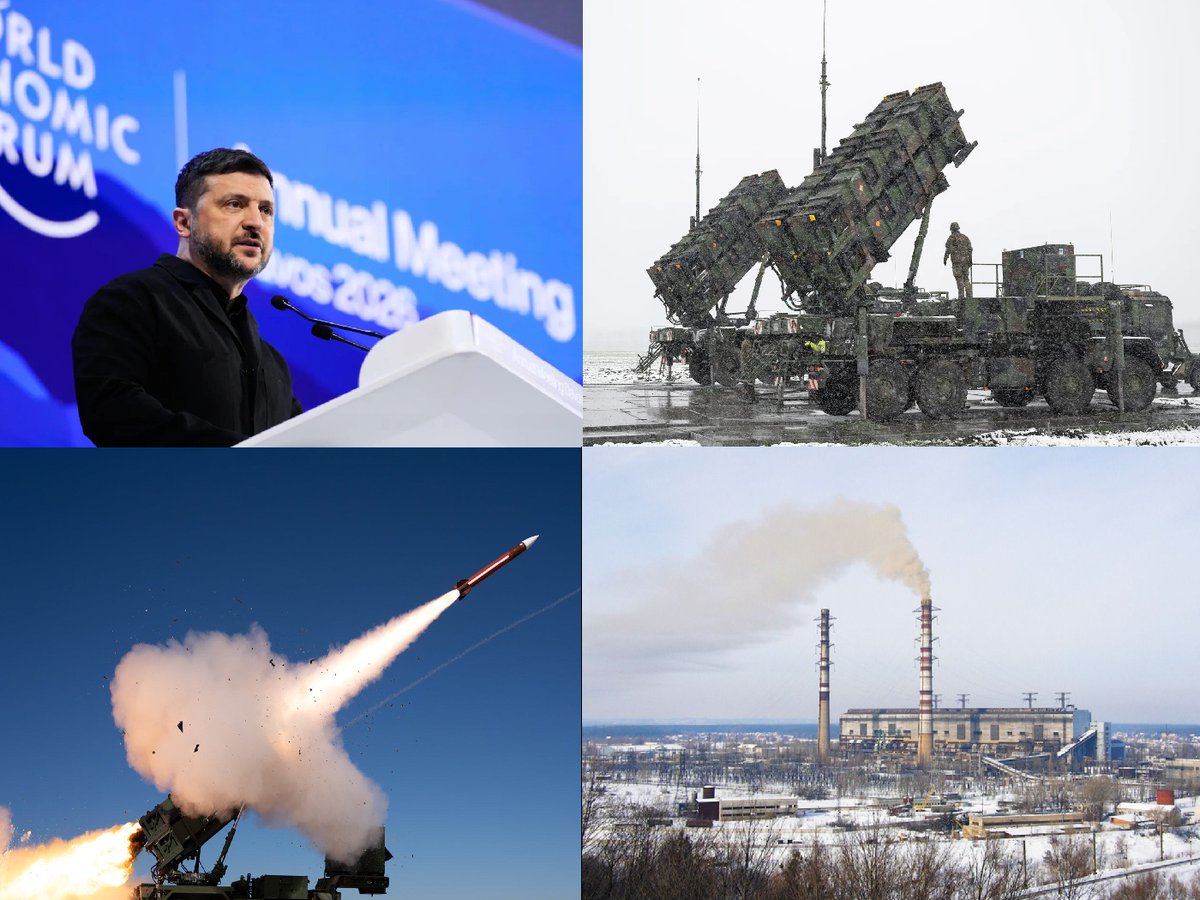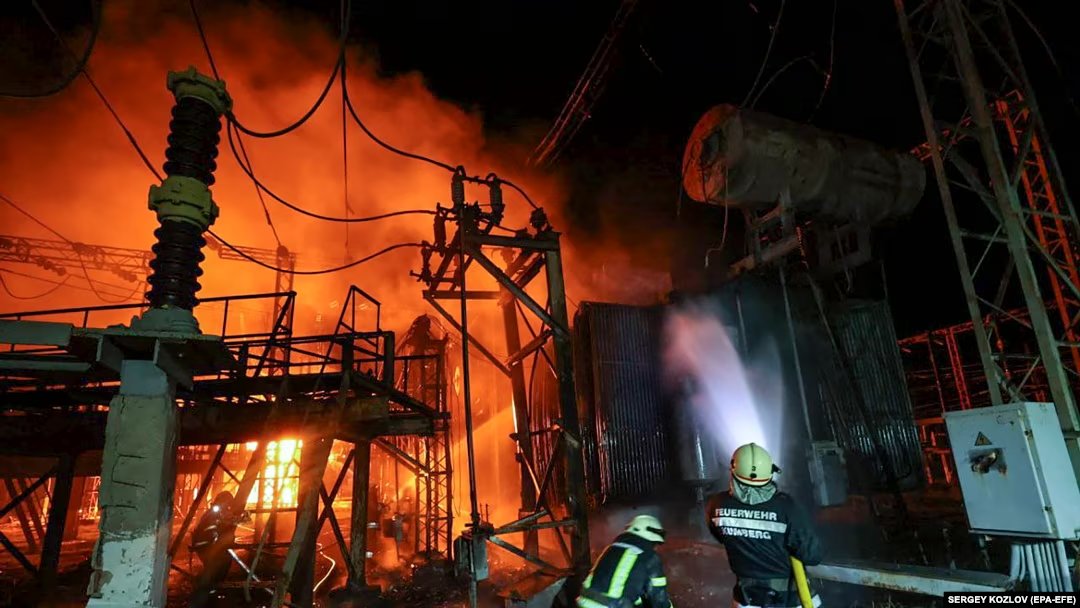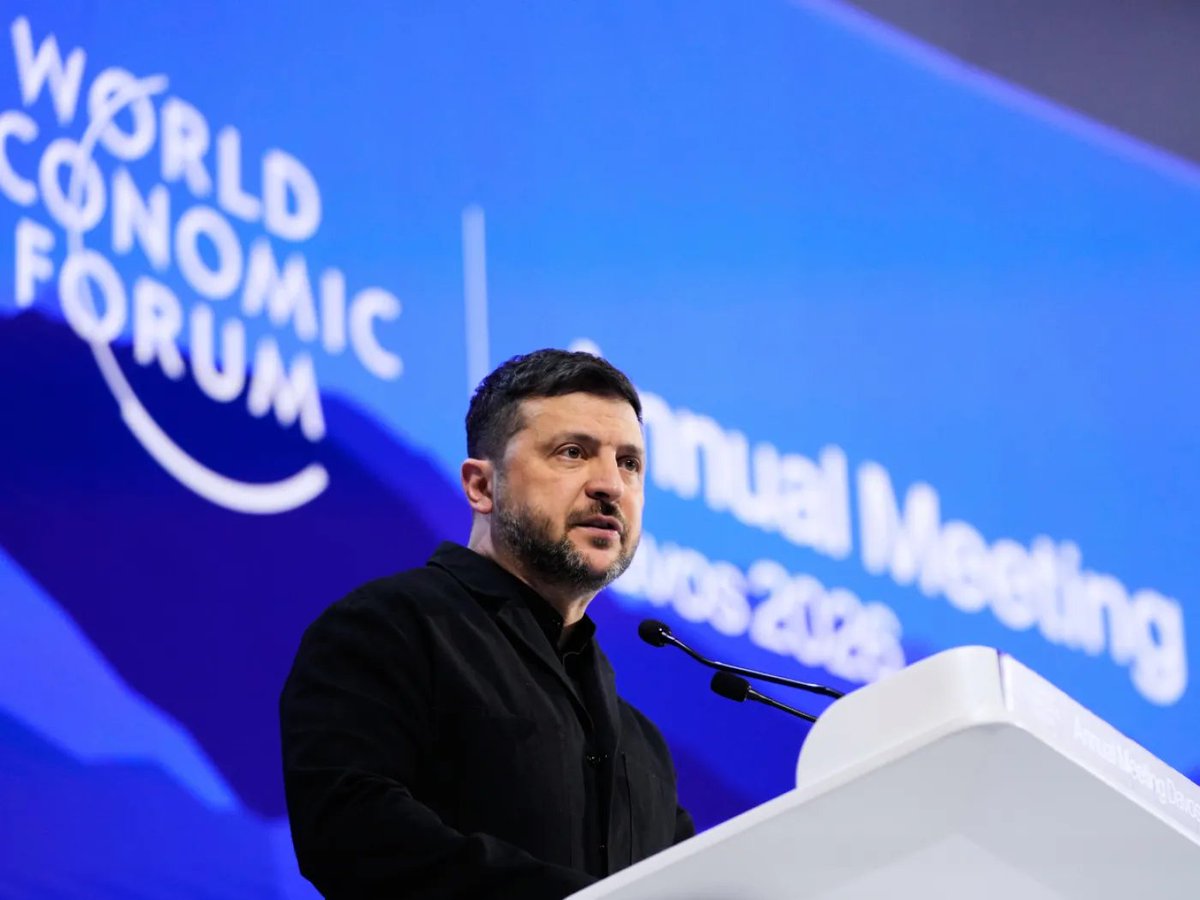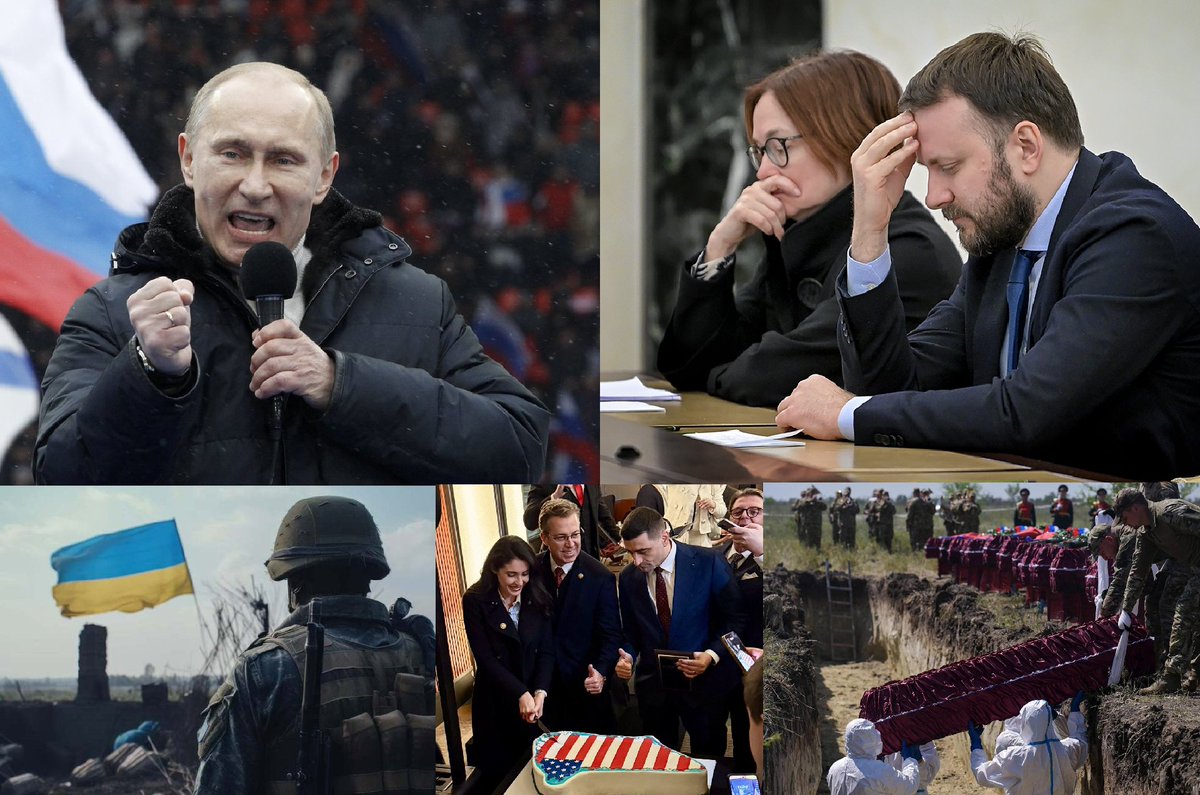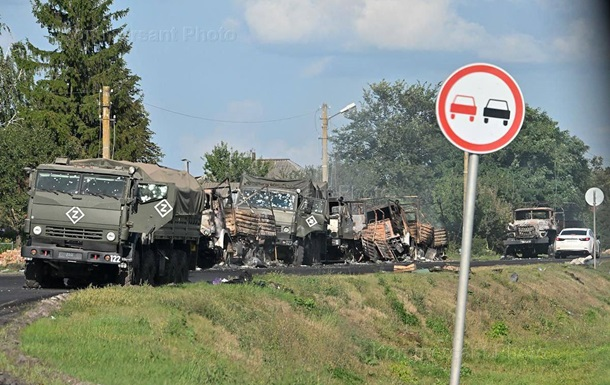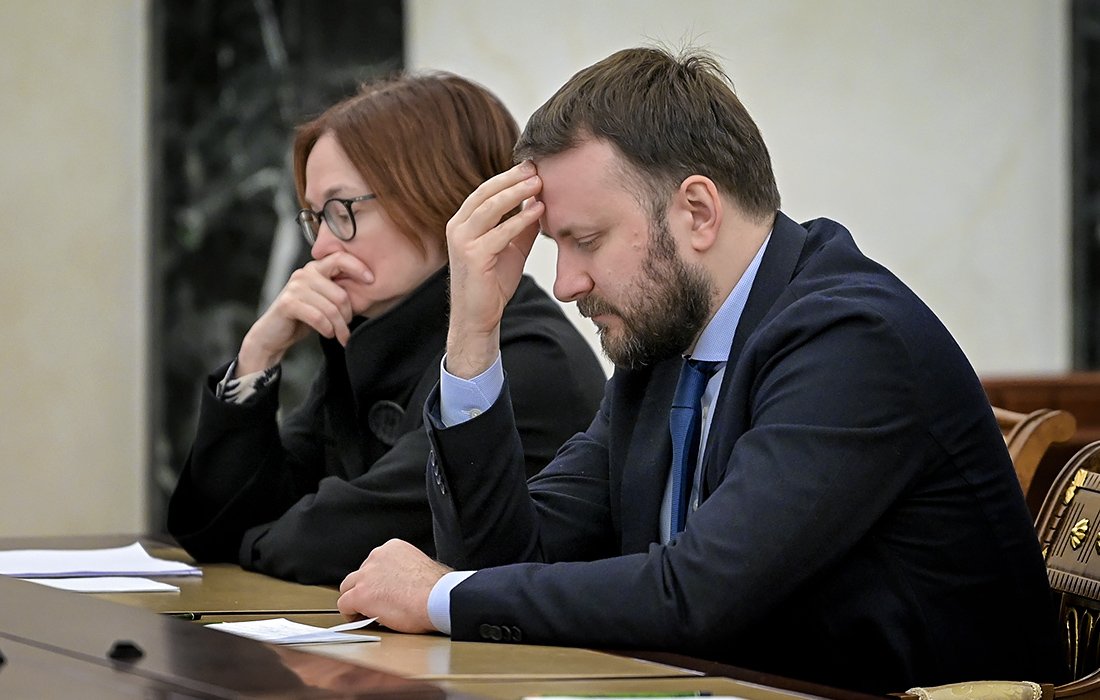The Central Bank of Russia is suspending the publication of statistics on the over-the-counter currency market. This follows from a message on the regulator's website. The Central Bank explains that the decision was made to limit the impact of sanctions. This means that
1/13
1/13

the ruble has absolutely no clear exchange rate. Now the Central Bank sets this rate at its own discretion. But the main expectation is July 26, when the Central Bank will announce an increase in the key rate. Experts predict growth from 16% to 18% but there may be surprises
2/13
2/13

Ruble exchange rate statistics are not the only information prohibited from publication. The closed nature of gasoline production statistics in Russia also leads to problems. "The first problem is that we actually do not know exactly how much is produced, consumed, and so on
3/13
3/13

because now we have huge problems with the openness of statistics. Problem number two is that it is very difficult to properly plan production activities when the industry is in manual regulation mode," says Grigory Bazhenov, head of the analytical center of the Independent
4/13
4/13

Fuel Union. All this leads to an unregulated increase in fuel prices in Russia. Today, the exchange price for AI-95 gasoline has reached its maximum for this year and amounted to about 74.5 thousand rubles ($850) per ton. This is evidenced by the results of trading on the
5/13
5/13

St. Petersburg International Mercantile Exchange. The reasons for the current situation are an information vacuum, manual regulation and an environment in which it is unclear what volumes of refinery capacity have fallen due to UAV attacks. And due to the lack of data on
6/13
6/13

production and supplies, prices can be driven up by rumors, says Grigory Bazhenov, head of the analytical center of the Independent Fuel Union. Russia continues to search for opportunities to sell LNG. "Mysterious companies" from the UAE are purchasing tankers for the
7/13
7/13

transportation of liquefied natural gas (LNG), which has already led to an increase in prices for such vessels, writes the Financial Times. The publication points out that such dynamics indicate that Russia is preparing for tougher sanctions on LNG supplies and is building
8/13
8/13

up its "shadow fleet" to bypass future restrictions. According to Windward, a company that consults ship owners, since the second half of last year, more than 50 LNG carriers have been purchased by companies registered in the UAE. It is noted that it is almost impossible
9/13
9/13

to trace the chain of ownership in such transactions. Kpler says that such operations may be related to Russian interests. According to the company, one of these tankers is definitely loading LNG in Yamal. Russia also continues to sell gas to China. In January-June 2024,
10/13
10/13

Russia supplied China with 3.515 million tons of liquefied natural gas (LNG) worth $2.066 billion, RIA Novosti writes, citing data from the General Administration of Customs of China. Compared to the same period last year, supplies fell by 9.24%. In the first half of 2023,
11/13
11/13

China bought 3.873 million tons of LNG from Russia for $2.693 billion. Overall, in 2023, Russian LNG supplies to China increased by 23%. Last year, China purchased 8 million tons of Russian LNG for $5.2 billion. Western countries should increase sanctions pressure on Russia
12/13
12/13

and China. China has been helping to circumvent sanctions in many ways, trying to profit from Russia's problems.
13/13
13/13

• • •
Missing some Tweet in this thread? You can try to
force a refresh


